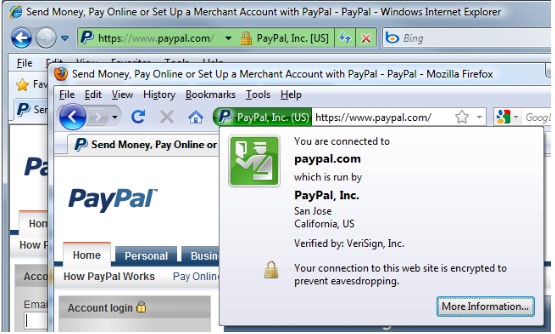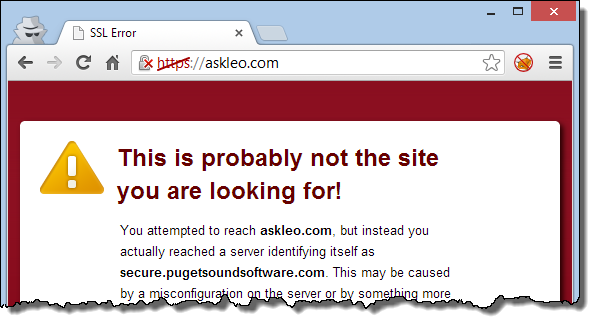Quick overview of the importance of a Digital Server Certificate it affects and why.
Lets start off by asking some questions and then answering them..
- What is a Digital Server Certificate?
- What is its purpose of a server certificate.
- Why does my website need a Digital Server Certificate?
- What happens if you do not have a valid server certificate?
- Who needs a server certificate?
- Who hates server certificates?
- Thing to know!
What is a Digital Server Certificate?
“It’s All about trust!”
A Digital Server Certificate is a bit of code on your web server that provides security for online communications validated by a governing third party Certificate Authority (CA). Also known as a SSL certificate or a TLS certificate.
Purpose of a server certificate and what it provides:
- Third party validation from a Certificate Authority (CA).

- Ensures to browser users that website and certificate are operated by the same organization.
- Ensures to application or servers that certificate is validated by operated by same organization.
When a web browser contacts your secured website, the server certificate enables an encrypted connection. If you ever see a padlock in your browser that is an SSL certificate protecting the site.
- A digital server certificate acts as a representation of the websites encryption.
- A server certificate states this website of www.domain.com has been validated by such and such CA and has passed the validation procedures to get a digital server certificate.
- This informs you the web visitor the website is who they say they are.
Why does my website need a server certificate?
Server certificates help customers gain the confidence to provide personal information on a website. That the certificate has validated the organization to meet the standards to get a certificate issued to their website.
What happens if you do not have a valid server certificate?
- Loss in web traffic.

- Application to server failure.
- Server to server communication failure.
- Errors in browsers.
- Browsers will warn users when there’s no encryption.
- Loss of revenue.
- No one will work with you.
- PCI (Payment Card Industry) compliance and other auditors demand a valid CA server certificate.
- Self Signed certificates not issued from a valid CA will spark warnings and error messages on applications, browsers, and connection problems with servers.
Who needs a server certificate?
- Financial institutions.
- Hospitals.
- Server to server communications.
- E-commerce.
- Pretty much EVERYONE that is running a website for business needs.
Who hates server certificates?
- Criminals
Things to know!
- To maintain validity and security certificates are issued to a max 3 year validity then need to be re-authenticated/renewed.
- Without a Valid server certificate running on a website there will be errors in browsers and potential connection issues with server communications.
- Digital Certificates are not just for websites.
- They are used to Authenticate to allow the older access to systems.
- They are used to Sign Code.
- They secure the data transmissions between you and your smart phone apps!
How can I get a Server Certificate?
- You or someone who has access to your server system will first need to generate a CSR. Its a piece of code that is created from the server system or application where HTTPS is needed. Instructions on how to perform this can be found at SSLSupportDesk- CSR Generation Instructions, or you may have to contact your hoster (The third party running your website) and ask them.
- Visit Acmetek.com to browse around from all the different server certificate product types and submit a quote to inquire about more.
If this article is helpful, please share it.



